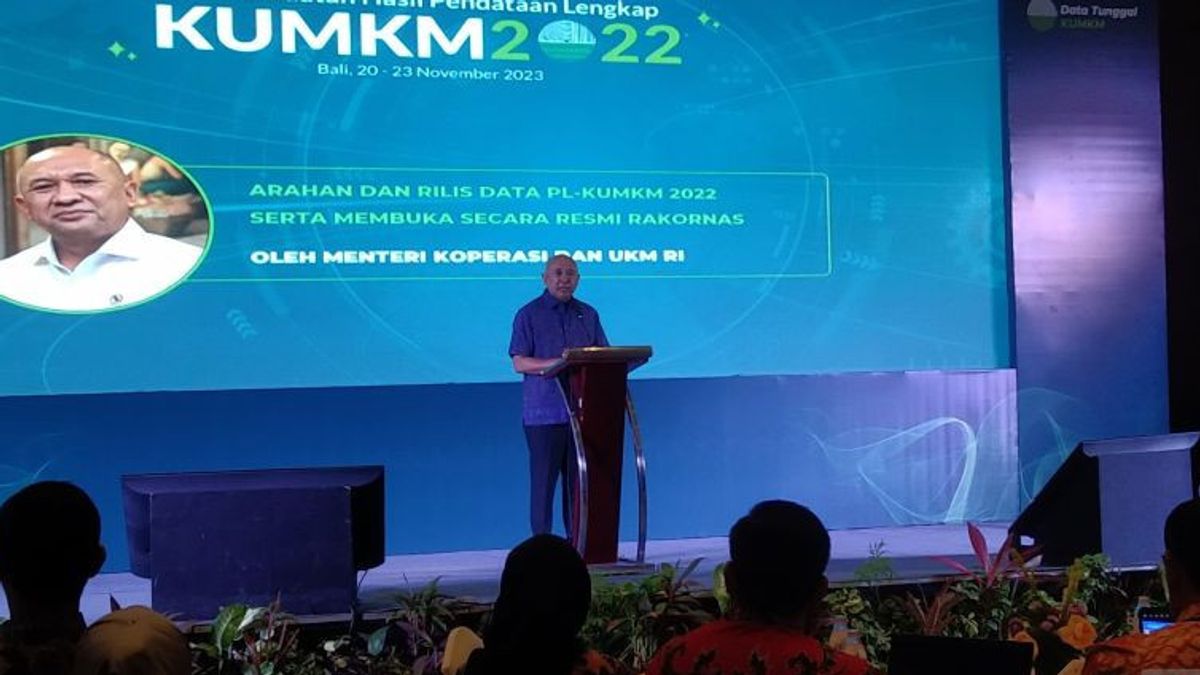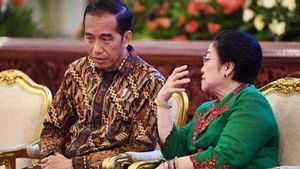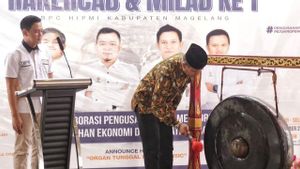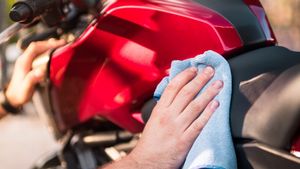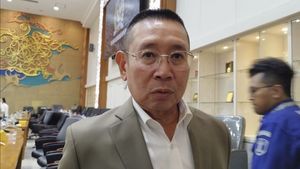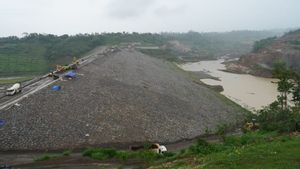NUSA Dua - Minister of Cooperatives and Small and Medium Enterprises Teten Masduki said there were as many as 9.11 million non-farm cooperatives and MSMEs and businesses to settle throughout Indonesia based on the results of complete data collection in 2022.
"With this data, it is now easy to develop empowerment programs including MSME players," said Teten Masduki on the sidelines of the National Coordination Meeting for the Utilization of Complete Data Collection Results for Cooperatives and MSMEs 2022 in Nusa Dua, Bali, as reported by ANTARA, Tuesday, November 21.
He explained that of the 9.11 million, 9.09 million were non-farm MSMEs and residential businesses and the remaining 0.02 million were cooperatives.
The data is spread, most of which are still concentrating on Java, reaching 5.4 million or 59.11 percent, then in Sumatra as much as 2.2 million or 24.10 percent.
Furthermore, in Eastern Indonesia, namely Bali, NTT, Kalimantan, Sulawesi, Maluku and Papua reached 1.5 million or 16.71 percent.
He explained that the data was still not final and continued for the 2023 period because there were still the largest MSME players in the agricultural and aquaculture sector.
From the results of the data collection on cooperatives and MSMEs, he asked local governments to sort out MSMEs that are still income only to meet the needs of families and limited products in the local market.
In addition, MSMEs that have the potential to develop and their products can supply national or even global needs (sok chain).
MSMEs that develop and become part of the supply chain, he continued, have a big role to play in creating jobs.
Thus, MSMEs do not continue to rely on a home scale but evolve to create new products, opportunities and economies.
He gave an example of the Nilam plant from Aceh which is in demand by the global market and can become part of the supply chain to meet the needs of the cosmetic industry, such as the needs of the perfume industry in France.
Likewise, seaweed can be processed into a number of derivative products, including substitutes for wheat flour, replacement for plastic materials, to pharmaceutical needs.
"So once again, don't make programs (MSMEs) that's all. You have to make evolution. If I go to various regions there is an MSME booth, that's all the goods," said the Coordinating Minister to National Coordination Meeting participants from 34 provinces and 240 district/city governments in the country.
After the data collection, local governments are expected to be able to develop business strategies and MSME policies, including empowering and updating data in a sustainable manner through the single data system of cooperatives and MSMEs.
The English, Chinese, Japanese, Arabic, and French versions are automatically generated by the AI. So there may still be inaccuracies in translating, please always see Indonesian as our main language. (system supported by DigitalSiber.id)
